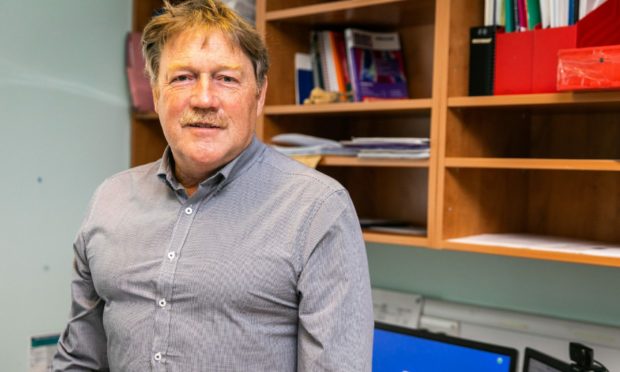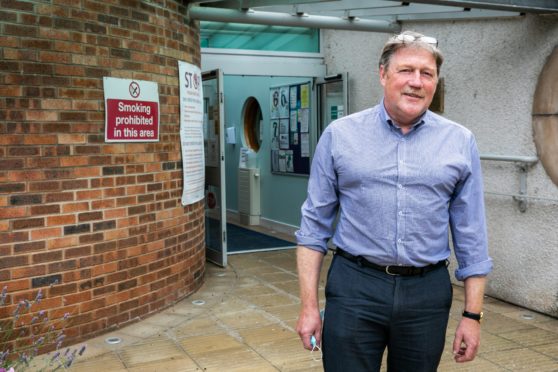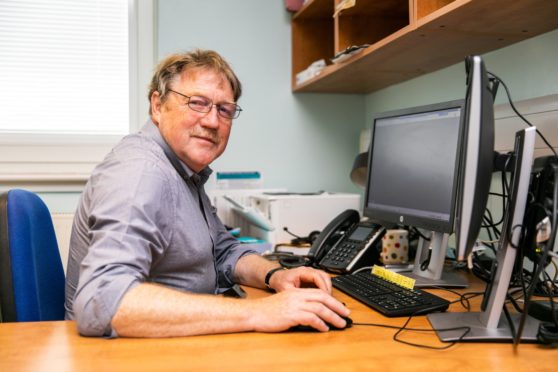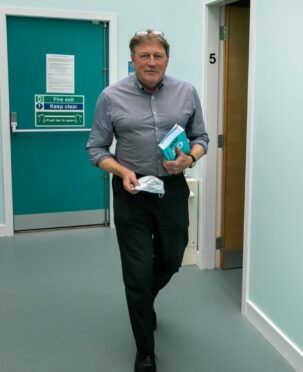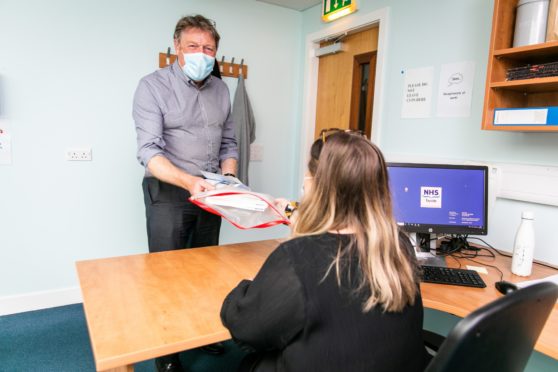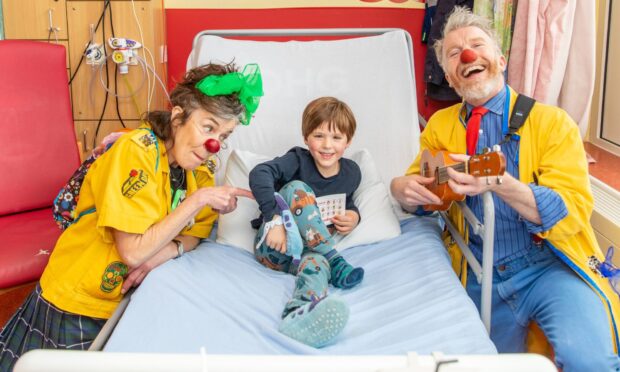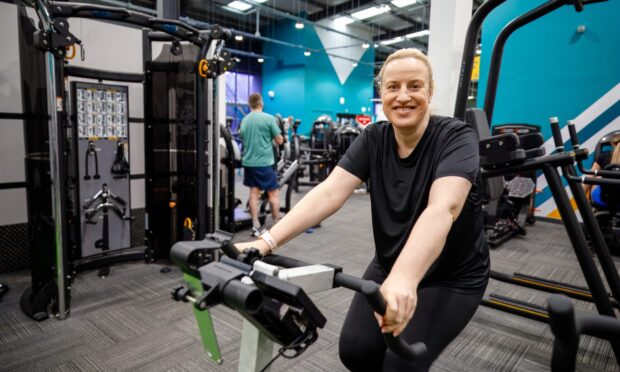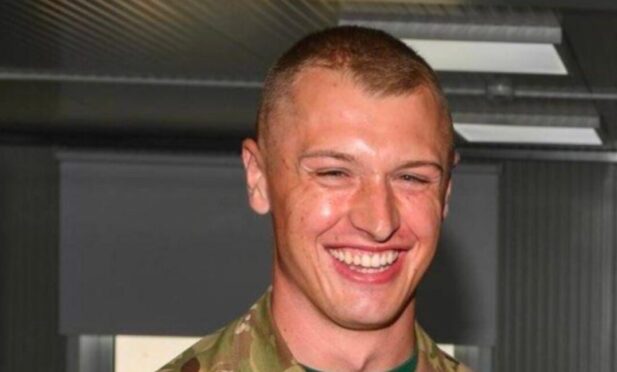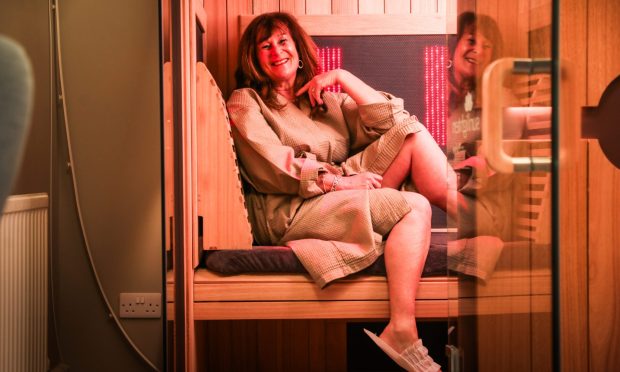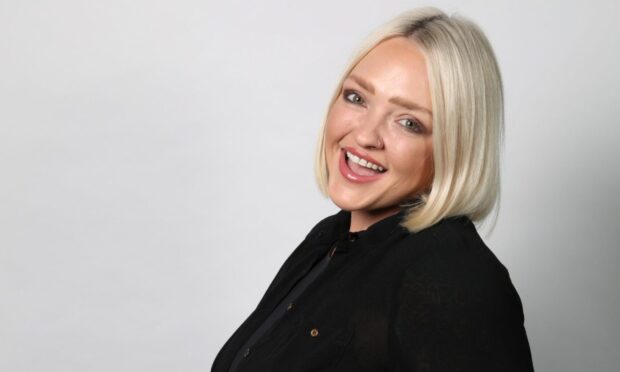We’re all partial to a moan about getting a GP appointment.
From the length of time it takes to get through on the phone, to the time we have to wait before we’re seen.
You’ve probably asked yourself – what are they doing with their time?
So we went to find out.
Perthshire GP Dr David Shackles let us behind the scenes to lift the lid on a profession changed by the pandemic – stressed-filled, under-staffed and often under appreciated.
Sadly, 50 hour weeks, the pressures of using new ways of working and abuse from patients are now commonplace in a once highly-respected profession.
Covid-19 saw changes in the way GP practices delivered services, with more phone appointments instead of face to face consultations.
Dr Shackles says: “I think the perception is from patients that practices are doing this to keep them at arm’s length.
“We’re not, it’s Government advice and a lot of that is about safety.”
And although over the phone consultations can prove frustrating to those used to seeing a GP face to face, they can also cause an added layer of stress to GPs.
Dr Shackles continues: “We are all trained in face to face consulting, its harder when you’re speaking to a patient on the phone – you need to work out if you need to see them in person or can assess them over the phone.
“It’s an added bit of uncertainty into the mix that puts stress onto the patient and the GP as well.
“But some of the phone consultations are very convenient, for reviews for example.”
Workload pressures
The British Medical Association have said the profession is at “breaking point”.
Patient referrals, chasing results, morning and afternoon surgery means Dr Shackles is at his desk just after 7 am most days of the working week.
The addition of emails, admin, running surgery teams, meetings, working with trainee doctors and other commitments, soon mount up the hours.
‘I can work 50 hours a week’
A survey by the Royal College of General Practitioners (RCGP) found 57% of GPs working in general practice during Covid-19 has negatively impacted their mental health.
Dr Shackles says: “I can work about 50 hours a week, give or take, and it’s not unusual for a lot of GPs to work that amount.
“It can be a long day, that’s the nature of it and the days have definitely become more intense.
“When I started up in practice I would work nine clinical sessions in practice, it was a slower pace and quieter even though we did our own on-call at night before NHS-24.”
And despite the extra hours, over the course of the pandemic incidents of abuse against GPs and staff were commonplace.
“It’s calmed down a bit I’m pleased to say as it was becoming morale sapping.
“We were hearing people say they couldn’t enjoy the job because it was too stressful and we just can’t tolerate that – we have a finite resource we’d like to see more of it.
“There aren’t enough GPs and we know it’s said access is difficult – we recognise it is difficult.
“Every report put out by the Government says we should have more care in the community and more care nearer to your home, but the money always goes into hospitals and never actually looks at recruiting more GPs.
“We really have got to have to think about what we want, what we can afford and what patients can have.
“We’ve been calling for a long time for the Government to have an honest, open conversation about what’s available and what kind of health service we want over the next 25 years.”
